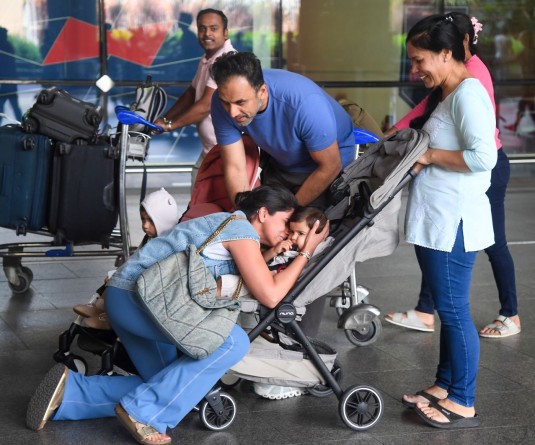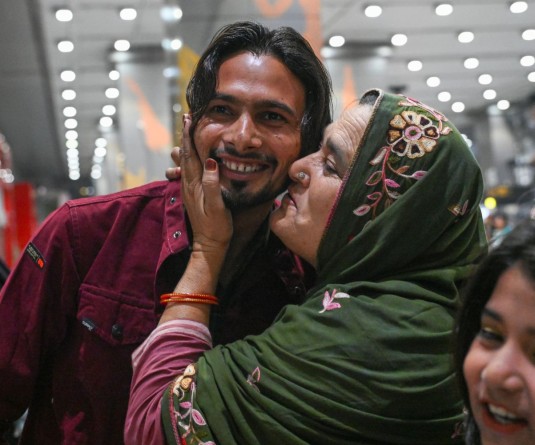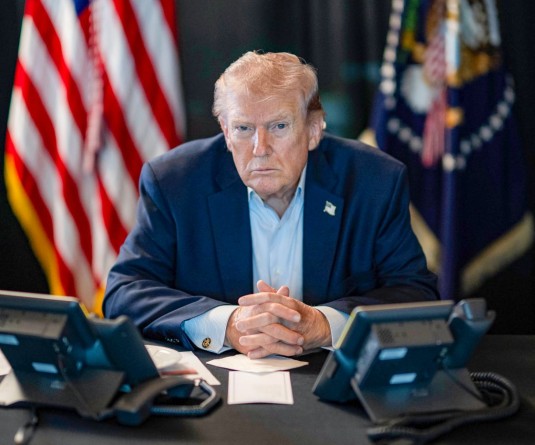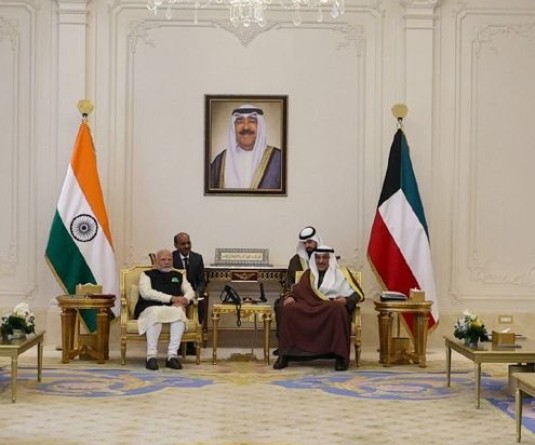PTI File Photo
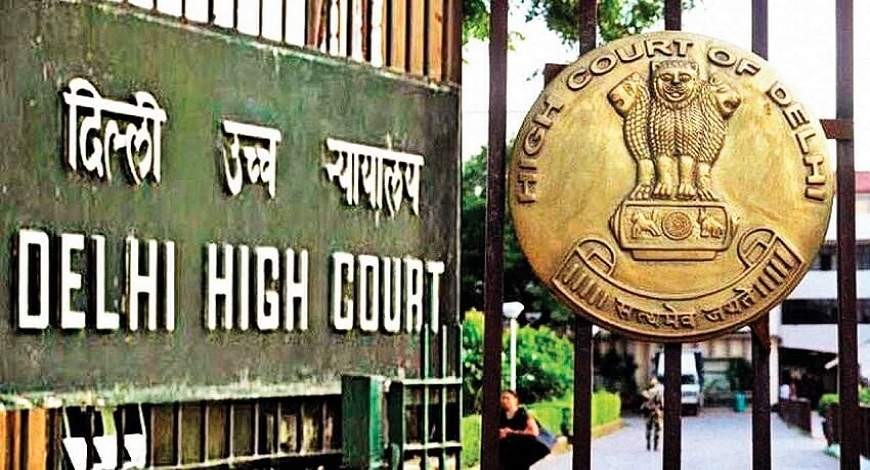
New Delhi, June 15 (PTI): The making of inflammatory speeches, organising chakkajams (road blockades), and such like actions are not uncommon when there is widespread opposition to Governmental or Parliamentary actions, the Delhi High Court said on Tuesday.
The high court said that protests against Governmental and Parliamentary actions are legitimate; and though such protests are expected to be peaceful and non-violent, it is not uncommon for protesters to push the limits permissible in law.
Even if we assume for the sake of argument, without expressing any view thereon, that in the present case inflammatory speeches, chakkajams, instigation of women protesters and other actions, to which the appellant is alleged to have been party, crossed the line of peaceful protests permissible under our Constitutional guarantee, that however would yet not amount to commission of a 'terrorist act' or a 'conspiracy' or an 'act preparatory' to the commission of a terrorist act as understood under the UAPA, a bench of Justices Siddharth Mridul and Anup J Bhambhani said.
The High Court made the observations while granting bail to JNU student and Pinjra Tod (Break the Cage) activist Devangana Kalita, who was arrested last May under the stringent Unlawful Activities (Prevention) Act (UAPA) in connection with a case of larger conspiracy related to the communal violence in north east Delhi during protests against the Citizenship Amendment Act.
In our reading of the subject charge-sheet and the material included in it, therefore, prima-facie the allegations made against the appellant are not even borne-out from the material on which they are based.
We are afraid, that in our opinion, shorn-off superfluous verbiage, hyperbole and the stretched inferences drawn from them by the prosecuting agency, the factual allegations made against the appellant do not prima facie disclose the commission of any offence under sections 15, 17 and/or 18 of the UAPA, the bench said.
It said that on a reading of the portions of the subject charge-sheet it found that the appellant's name appears along with that of several other alleged co-conspirators and even the instructions and directions allegedly issued by the main accused persons are not directed to the appellant.
The high court debunked the "misconception" that merely because section 45 of the UAPA mandates an independent review of the evidence gathered by an independent authority appointed by the Central government that legal requirement in itself obviates the need for the court to apply its own independent mind.
Where court finds that an act or omission is adequately addressed and dealt with by the ordinary penal law of the land, the court must not countenance a State agency 'crying wolf'," the bench said.
Since courts often tend to fall into this error, it is extremely important to bear in mind the words of the Supreme Court that grant of bail cannot be thwarted merely by asserting that an offence is grave, since the gravity of the offence can only beget the length of the sentence, which may be awarded upon conclusion of the trial," it said.
The high court said that as a member of certain women's rights organisations and other groups, the appellant did participate and help organise protests against the CAA and the NRC in Delhi.
Considering however, that the right to protest is a fundamental right that flows from the constitutionally guaranteed right to assemble peaceably and without arms enshrined in Article 19(1)(b) of our Constitution, surely the right to protest is not outlawed and cannot be termed as a 'terrorist act' within the meaning of the UAPA, the bench said.
While granting bail to Kalita, the bench said considering the educational background, profile and appellant's position in life, we also see no reason to suspect or apprehend that the appellant is either a flight risk or that she will indulge in evidence tampering, or witness intimidation, or will otherwise impede the trial in any way.
Due notice is also taken of the fact that the appellant was not arrested in the subject FIR for nearly three months after the date of its registration. In the circumstances, we see no reason, basis or justification to detain the appellant in judicial custody in the subject FIR any longer, the bench said.
Imposing several conditions on her, the bench directed Kalita to furnish personal bond of Rs 50,000 with two local sureties in the like amount, to the satisfaction of the trial court.
It directed Kalita, an activist of Pinjra Tod (Break the Cage), which was founded in 2015 with an aim to make hostels and paying guest accommodations less restrictive for women students, to furnish to the Investigating Officer/S.H.O. a cellphone number on which the appellant may be contacted at any time and shall ensure that the number is kept active and switched-on at all times.
The bench also imposed a condition that Kalita shall not contact, nor visit, nor offer any inducement, threat or promise to any of the prosecution witnesses or other persons acquainted with the facts of case.
It said charges are yet to be framed and there are around 740 prosecution witnesses who would have to be examined during trial and there is hardly any doubt that the process will take a very long time as none of the witnesses have so far been examined. The prevailing pandemic and the consequent truncated functioning of courts, will only add to the delay, it said.


